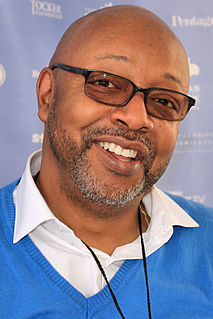A Quote by Caroline Llewellyn
Related Quotes
Myth is a tale once believed as truth; believed, it is not myth, but religion. A tale once religiously believed that has come to be called a myth is something of religion corrupted with disbelief. What are beliefs for some societies but myths for others cannot fill spiritual vacancies in the life of those others.
But myth is something else than an explanation of the world, of history, and of destiny. Myth expresses in terms of the world - that is, of the other world or the second world - the understanding that man has of himself in relation to the foundation and the limit of his existence. Hence to demythologize is to interpret myth, that is, to relate the objective representations of the myth to the self-understanding which is both shown and concealed in it.
People are always pleased to indulge their religiosity when it allows them to stand in judgment of someone else, licenses them to feel superior to someone else, tells them they are more righteous than someone else. They are less enthusiastic when religiosity demands that they be compassionate to someone else. That they show charity, service and mercy to everyone else.
What do you call it when someone steals someone else's money secretly? Theft. What do you call it when someone takes someone else's money openly by force? Robbery. What do you call it when a politician takes someone else's money in taxes and gives it to someone who is more likely to vote for him? Social Justice.
Dream is personalized myth, myth is depersonalized dream; both myth and dream are symbolic in the same general way of the dynamics of the psyche. But in the dream the forms are quirked by the peculiar troubles of the dreamer, whereas in myth the problem and solutions shown are directly valid for all mankind.

































